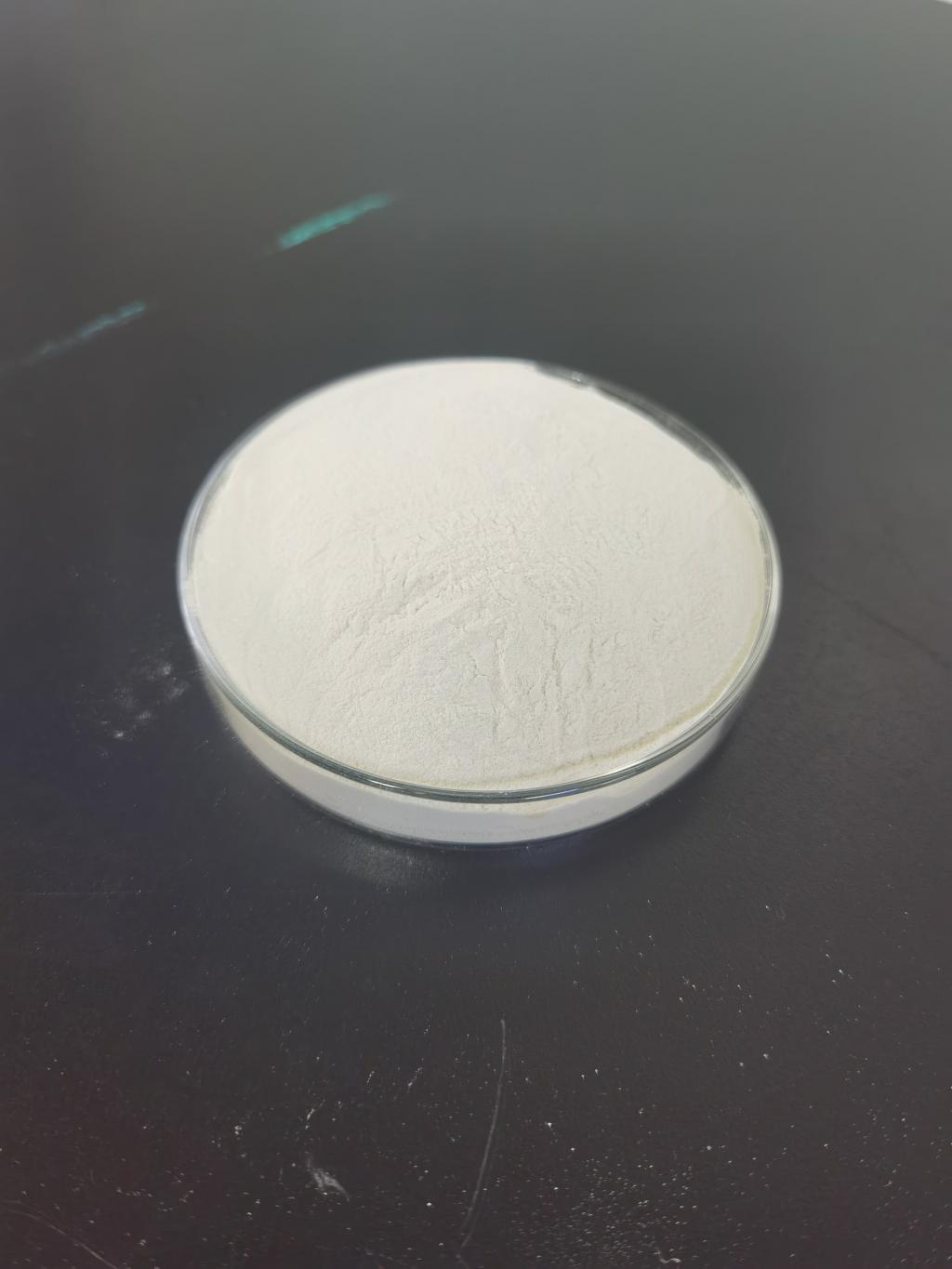Tel:0086 18231198596

News
Current Position:
Home >
News
>Nisin in the Era of Precision Nutrition: Customized Approaches to Food Safety
Nisin in the Era of Precision Nutrition: Customized Approaches to Food Safety
TIME:2024-01-26
I. Precision Nutrition: A Paradigm Shift in Health
Individual Variability in Nutritional Requirements:
Precision nutrition acknowledges the substantial variability in individuals' nutritional requirements, taking into account genetic, lifestyle, and environmental factors. This personalized approach aims to optimize health outcomes by tailoring dietary recommendations to meet specific needs.
The Role of Food Safety in Precision Nutrition:
Food safety is a fundamental component of precision nutrition, ensuring that personalized dietary plans are not only nutritionally optimal but also free from contaminants and pathogens. Nisin, with its natural origin and potent antimicrobial properties, aligns seamlessly with the objectives of precision nutrition.
II. Nisin: An Overview of its Antimicrobial Potential
Origin and Mechanism of Action:
Nisin is a naturally occurring antimicrobial peptide produced by certain strains of lactic acid bacteria. Its primary mode of action involves disrupting the cell membranes of susceptible bacteria, making it effective against a broad spectrum of Gram-positive bacteria.
Selectivity and Safety:
Nisin's selectivity in targeting bacterial cells without affecting eukaryotic cells, such as human cells, enhances its safety profile. This selectivity is a key attribute for integrating Nisin into precision nutrition strategies.
III. Tailoring Nisin for Precision Nutrition:
Genetic Variability:
Precision nutrition recognizes the influence of genetic variability on individual responses to nutrients and bioactive compounds. Research into genetic factors influencing Nisin metabolism and efficacy could pave the way for genetically guided approaches to food safety.
Lifestyle and Dietary Habits:
Customizing Nisin-based interventions involves considering individuals' lifestyles and dietary habits. Tailored recommendations may include adjusting Nisin concentrations or delivery methods based on factors such as dietary preferences, cooking practices, and meal frequencies.
IV. Applications of Nisin in Precision Food Safety:
Personalized Preservation in Home Cooking:
Individuals following precision nutrition plans often engage in home cooking to control the ingredients and nutritional content of their meals. Nisin can be integrated into home-cooked recipes as a natural preservative, enhancing food safety without compromising nutritional quality.
Precision Food Packaging:
Advancements in food packaging technologies allow for the controlled release of antimicrobial agents. Tailoring Nisin concentrations in packaging materials based on the specific needs of consumers could provide an additional layer of safety for personalized nutrition.
Nisin-Infused Dietary Supplements:
For individuals with specific health conditions or dietary restrictions, Nisin-infused dietary supplements could offer a targeted approach to enhance food safety. These supplements could be designed to release Nisin in response to specific physiological cues.
V. Public Health Implications:
Reduced Antibiotic Use:
Precision nutrition, coupled with Nisin-based food safety strategies, may contribute to reducing the reliance on antibiotics in agriculture and food production. This aligns with global efforts to address antibiotic resistance, a significant public health concern.
Improved Food Safety in Vulnerable Populations:
Certain population groups, such as the elderly, pregnant women, and immunocompromised individuals, may benefit significantly from personalized food safety measures. Nisin's selectivity and safety make it a valuable tool in improving the safety of food consumed by these vulnerable populations.
VI. Challenges and Considerations:
Regulatory Approval:
Navigating regulatory frameworks to ensure the safe and legal use of Nisin in personalized food safety approaches may pose challenges. Collaborative efforts between researchers, regulatory bodies, and industry stakeholders are crucial to establish guidelines and standards.
Consumer Education:
Educating consumers about the benefits and proper use of Nisin in precision nutrition is essential. Clear communication regarding its safety, mechanisms of action, and potential impact on personalized health outcomes will be key to widespread acceptance.
VII. Future Directions and Research Opportunities:
Integration with Nutrigenomics:
Combining Nisin-based food safety with nutrigenomic approaches could provide a holistic framework for precision nutrition. Understanding how individual genetic variations influence both nutrient metabolism and responses to antimicrobial peptides like Nisin could lead to more tailored interventions.
Smart Packaging Technologies:
The integration of Nisin into smart packaging technologies that respond to real-time indicators of food safety could represent the next frontier. Sensors and monitoring devices could trigger the release of Nisin based on specific environmental conditions, ensuring optimal efficacy.
VIII. Conclusion:
The convergence of Nisin and precision nutrition represents a groundbreaking approach to personalized food safety. As individuals increasingly seek customized solutions for their health, the incorporation of natural antimicrobial peptides like Nisin aligns with the principles of precision nutrition. This synergy not only addresses food safety concerns but also contributes to broader public health objectives, such as reducing antibiotic use and improving the safety of vulnerable populations. As research progresses and regulatory frameworks evolve, the era of precision nutrition powered by Nisin holds promise for a future where food safety is as individualized as the diets it seeks to enhance.

 CONTACT
CONTACT




